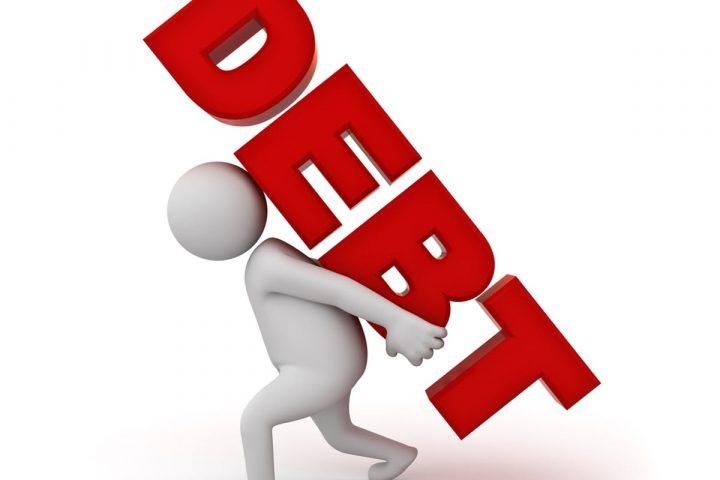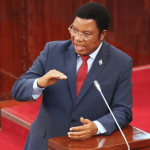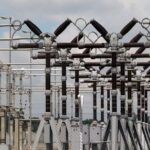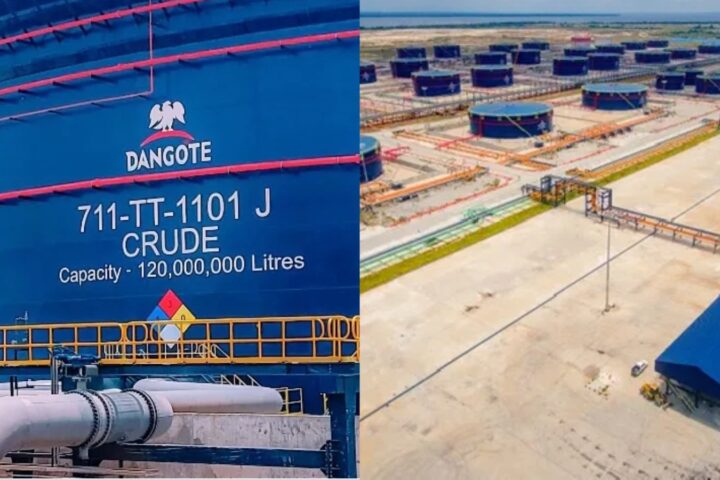FINANCIAL Derivatives Company (FDC) has predicted that Nigeria’s economy will grow by 2.6% in the second quarter of this year, up from 0.51% in the first quarter.
Analysts at FDC, headed by economic expert, Mr Bismarck Rewane, hinted that the expansion of the Gross Domestic Product (GDP) growth data together with falling inflation could lead to the Monetary Policy Committee leaving its interest rates unchanged at its September meeting.
Join our WhatsApp Channel“Nigeria’s Q2 2021 GDP growth numbers will be released on August 26 and we estimate a growth rate of 2.6%,” the FDC said in a new report.
According to the report, less than 570 days to the 2023 elections, an assessment of the Nigerian government’s scorecard, with respect to achieving its broad macroeconomic goals, revealed “under-performance amid half-hearted and belated efforts at economic reform”.
The report stated that “While reforms have not been helped by Covid-19- induced disruption and delays in implementation, fears are rife that the government may be switching gears firmly into campaign mode as the elections draw ever closer.
“The goal is to achieve real GDP growth that outperforms potential GDP growth rate of 8.3% in 2021 and outpaces the population growth rate of 3.2 per cent%. The reality is that real GDP growth has eight consistently underperformed potential GDP, and as such, the recessionary gap is widening.”
Pointing out data extracts from the United Nations, FDC said as of 2019, Nigeria was the poverty capital of the world with 40.1% and the fourth lowest life expectancy globally at 53.8 years in the same 2019.
FDC analysts said, “The short-term outlook for the Nigerian economy is benign on most fronts. Output will benefit from the base effects of the slump in 2020, increased vaccinations and higher oil prices and production.
“Headline inflation is likely to decline further in Q3’21 as we enter the harvest season, while the external imbalance problem is expected to ease on higher oil receipts and increased remittances as advanced economies recover. This will also ensure forex supply to manufacturers and other importers.”
According to the report, the policymaking dilemma is that overcoming the macroeconomic challenges requires biting the bullet and confronting several hard and unpopular choices which are often politically inexpedient.
It said, “For Nigeria to bridge the recessionary gap and attain a long-term GDP growth trajectory that is both sustainable and job-creating, the timing and pace of economic reform are crucial and cannot be politicised.
“The subsidies in the Nigerian economy have to be tackled. The most notable are the ones on forex, fertilizers, petrol, electricity and the money market. While the move to market-determined rates has been somewhat reluctant and has been met with resistance, it is necessary for the creation of economic incentives and investor confidence. Only this has the capacity to propel Nigeria to an accelerated GDP growth path.”
















Follow Us